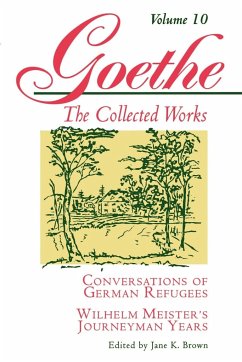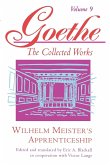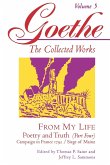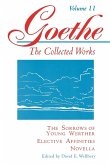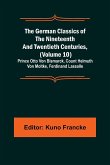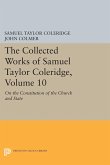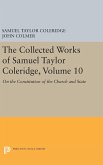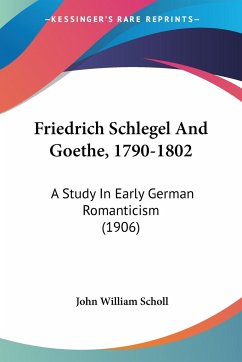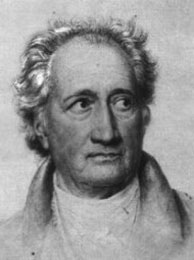Goethe was a master of the short prose form. His two narrative cycles, Conversations of German Refugees and Wilhelm Meister's Journeyman Years, both written during a high point of his career, address various social issues and reveal his experimentation with narrative and perspective. A traditional cycle of novellas, Conversations of German Refugees deals with the impact and significance of the French Revolution and suggests Goethe's ideas on the social function of his art. Goethe's last novel, Wilhelm Meister's Journeyman Years, is a sequel to Wilhelm Meister's Apprenticeship and to Conversations of German Refugees and is considered to be his most remarkable novel in form.
Hinweis: Dieser Artikel kann nur an eine deutsche Lieferadresse ausgeliefert werden.
Hinweis: Dieser Artikel kann nur an eine deutsche Lieferadresse ausgeliefert werden.

